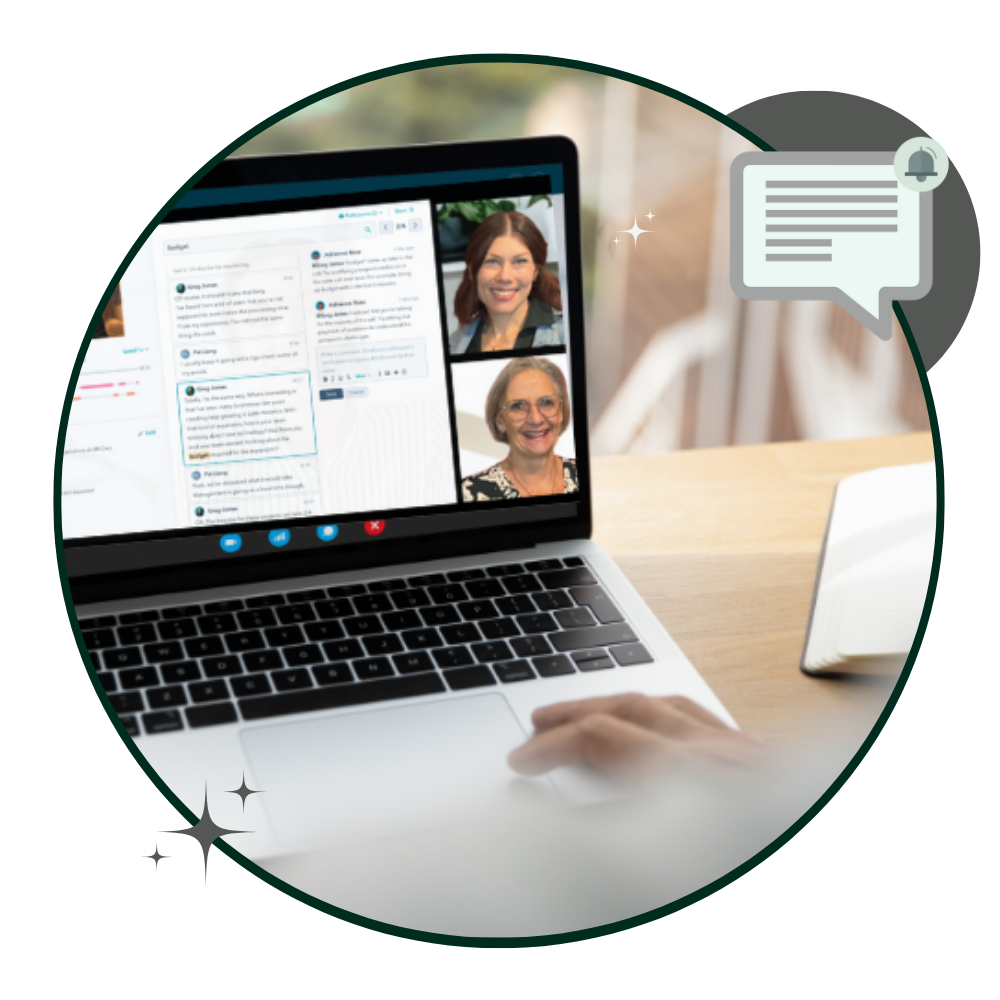BECOME W.I.S.E.R. with Your AI Prompts - A guide for sales managers
Everyone’s wittering on about AI like it’s the second coming. But here’s the rub: if you give it half-baked prompts, you’ll get half-baked answers....

 The digital transformation of organisations is forcing senior executives to rethink leadership and all key aspects that come with it. The subject is high on business leaders’ agendas according to McKinsey & Co: “As businesses continue to embrace digital tools and technologies, C level executives say they are stepping up their own involvement in shaping and driving digital strategies. This is vital to the success of digital programs, as survey respondents most often cite a lack of senior-management interest as the reason for an initiative’s failure.“
The digital transformation of organisations is forcing senior executives to rethink leadership and all key aspects that come with it. The subject is high on business leaders’ agendas according to McKinsey & Co: “As businesses continue to embrace digital tools and technologies, C level executives say they are stepping up their own involvement in shaping and driving digital strategies. This is vital to the success of digital programs, as survey respondents most often cite a lack of senior-management interest as the reason for an initiative’s failure.“
So how should senior managers change their approach to leadership of marketing teams? And how can they support their marketing teams in regards to the shift of skills needed in today's digitally driven world?
Buyers are now empowered with easy online access to almost all the information they need to make informed decisions, they need less and lees guidance from vendors. Research data from several reputable studies shows around 60-70% of the process is complete before buyers contact a vendor. This has meant marketing must wield influence and build trust much deeper into the process than ever before. The traditional skill sets marketers posses and tactics they rely on are less and less effective. Their world is undergoing a once in a lifetime shake-up and business leaders have to respond and ensure that their marketing teams have the right skills, the right technology and the right strategic approach to succeed. Paul Roetzer, CEO of PR 20/20 in his excellent book, the Marketing Performance Blueprint calls this the Marketing Performance Gap.
The task of today’s business leaders is to lead the change and close the performance gap. In this blog we focus on closing the skills gap.
There is a shortage of talent who are skilled in the new world of marketing. Demand for tech savvy marketers with a hybrid range of skills who are capable of building, managing and executing fully integrated campaigns that produce measurable results, is sky high.
Here’s a list of some of the essential skills all firms, large or small must have (or have access to via their partners):
With this long laundry list of skills it's no wonder that hybrid marketers who understand and can operate across the majority of these requirements can accelerate digital transformation and drive success in the business. But Capgemini consulting’s “Digital Talent Gap” study reports that 90% of firms lack the necessary digital skills.
Needless to say winning the competition for these candidates is the first key leadership challenge.
With the speed of change showing no signs of letting up, maintaining your teams’ education is key.
Developing an ongoing learning initiative such as an internal “university” works well if it's integrated with the HR processes of the firm and is truly embedded in the firm’s culture. Here are the steps to consider when building an internal “university”:
Digital transformation of the marketing function will go a long way to delivering some of the undoubted business benefits of the online age in which we operate. Lower cost-of-customer acquisition is a primary driver with businesses reporting 40-60% savings. But these benefits will prove elusive without a team that understands how to operate effective campaigns.
With marketing taking responsibility for a larger and larger share of the revenue generation responsibility a failure to execute successfully has serious consequences. Failure to attract the right staff, and staff departures at critical junctures can impact revenue significantly.
Business leaders are underwriting this risk by:
To find out more about the transformation of the marketing function download our free eBook.
Subscribe to our latest news and updates on HubSpot.

Everyone’s wittering on about AI like it’s the second coming. But here’s the rub: if you give it half-baked prompts, you’ll get half-baked answers....

The business world is falling head over heels for AI—and who can blame it? With promises to reduce grunt work, uncover insights, and turbocharge...

Search is evolving - fast. For two decades, SEO has revolved around Google’s algorithm: keywords, backlinks, metadata, and page speed. But with the...